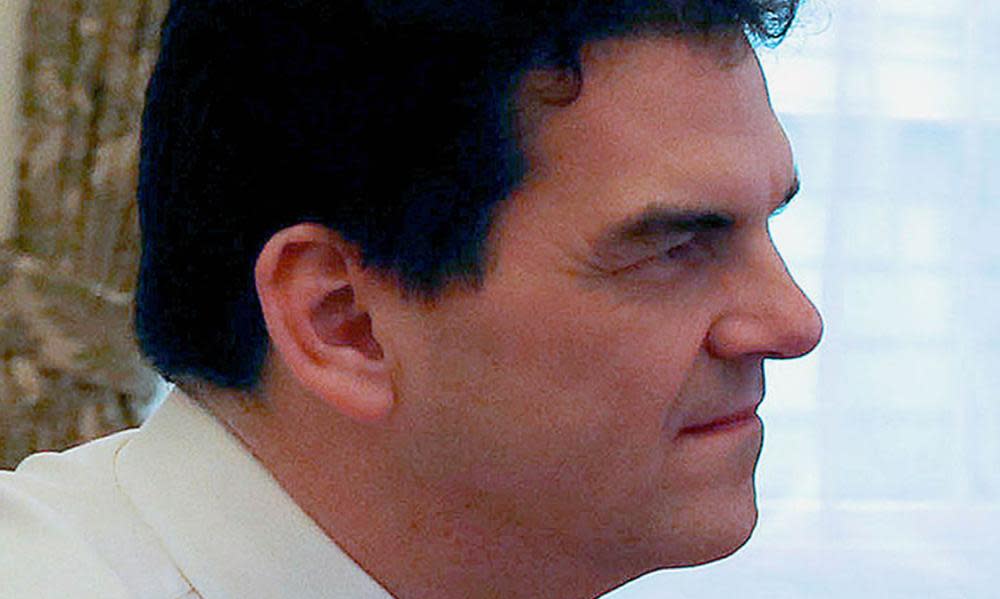Theresa May signed off five-figure bonus for chief Brexit adviser

Theresa May signed off a bonus of up to £20,000 for her chief Brexit adviser, Oliver Robbins, while he was working as permanent secretary of the Department for Exiting the European Union last year, Number 10 confirmed.
The department’s annual report says that Robbins was paid a bonus of £15,000 to £20,000 for his work on top of an annual salary of around £165,000, making him better paid than the prime minister, who earns £152,819.
Robbins worked for David Davis at DExEU until September, before switching to work directly for May as her chief Europe adviser as the prime minister cut out Davis and took direct control of the Brexit negotiating strategy.
He was the key adviser behind May’s new softer Brexit strategy, first unveiled at Chequers, which led to the resignations of Davis and Boris Johnson. Davis had been working on his own strategy white paper only to discover that May and Robbins had developed their own approach and only consulted him at the last minute.
The civil servant has become a lightning rod for Brexiters’ frustration with the direction of May’s Brexit policy. Stewart Jackson, a former MP who was Davis’s chief of staff, accused Robbins of “blocking the publication” of the DExEU white paper from March and wanting a “Hotel California Brexit” in which the UK checks out but never leaves.
Immediately after Davis quit, 50 DExEU staff were seconded to work for Robbins in his team at the Cabinet Office as May tries to step up the pace of the Brexit negotiations in the runup to a critical meeting of EU leaders in October.
A career civil servant, Robbins has been at the heart of the political establishment. He worked in Number 10 under Tony Blair and Gordon Brown and his career was championed by the cabinet secretary, Sir Jeremy Heywood.
Number 10 said that the bonus for Robbins, alongside other bonuses paid to permanent secretaries, were ultimately approved by the prime minister after they were scrutinised by the permanent secretaries remuneration committee.
The bonus payments, DExEU said, related to performance in the 2016/17, when the department was created in the aftermath of the Brexit referendum.

 Yahoo News
Yahoo News 
